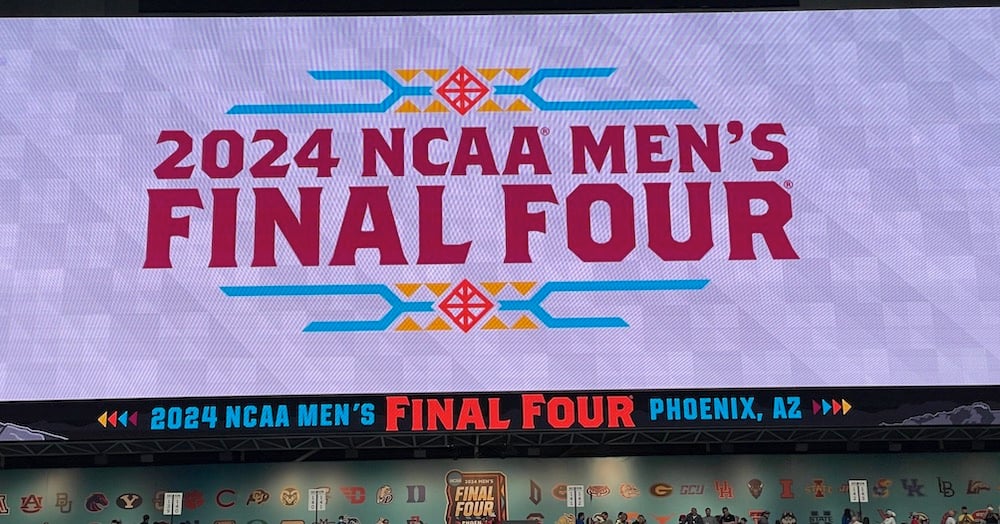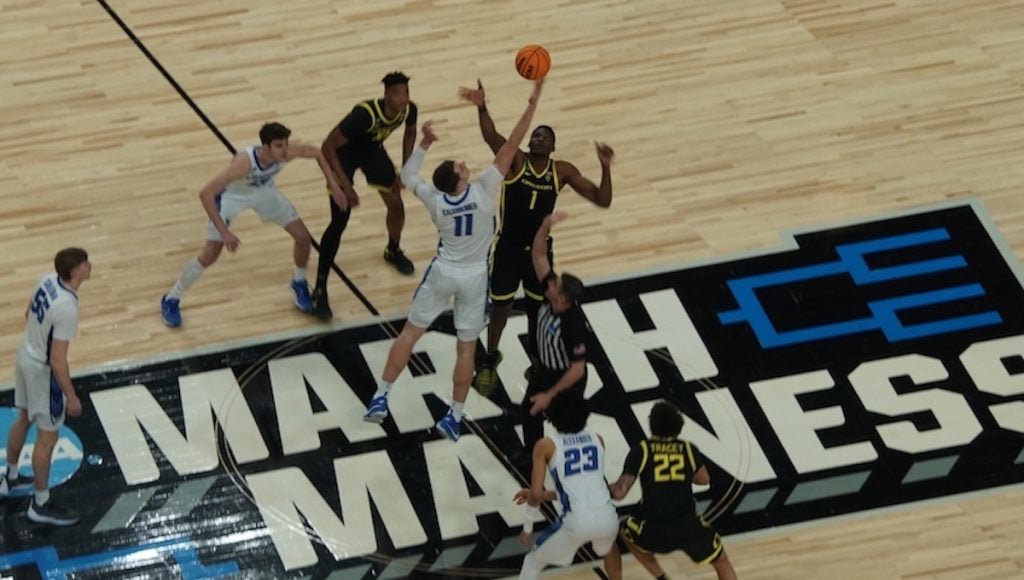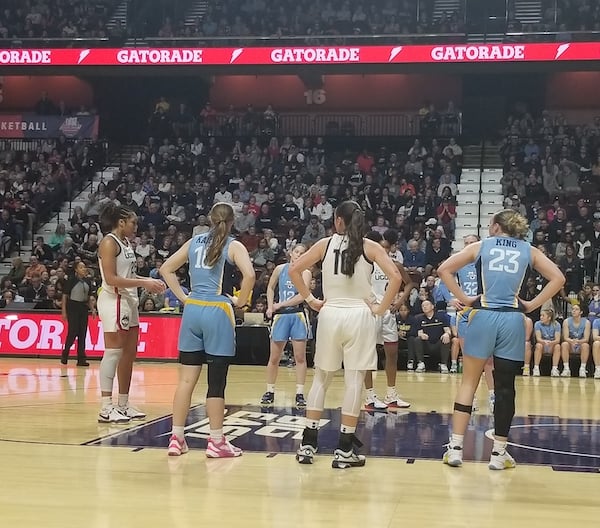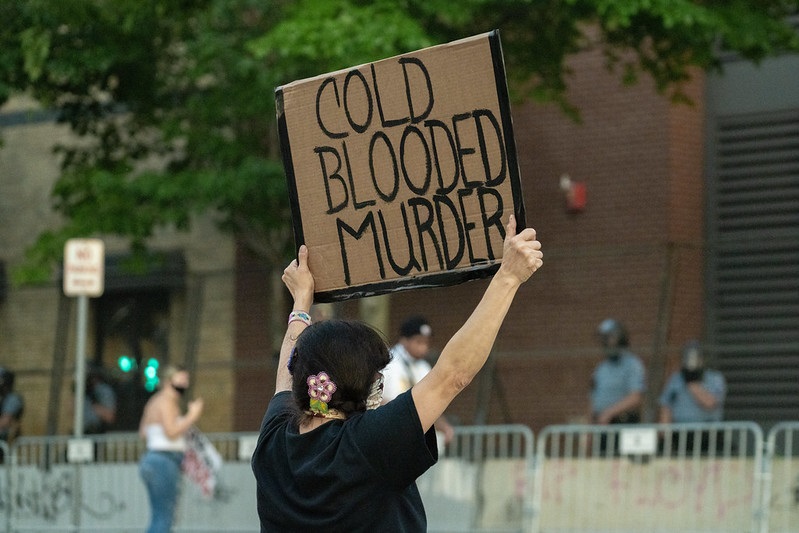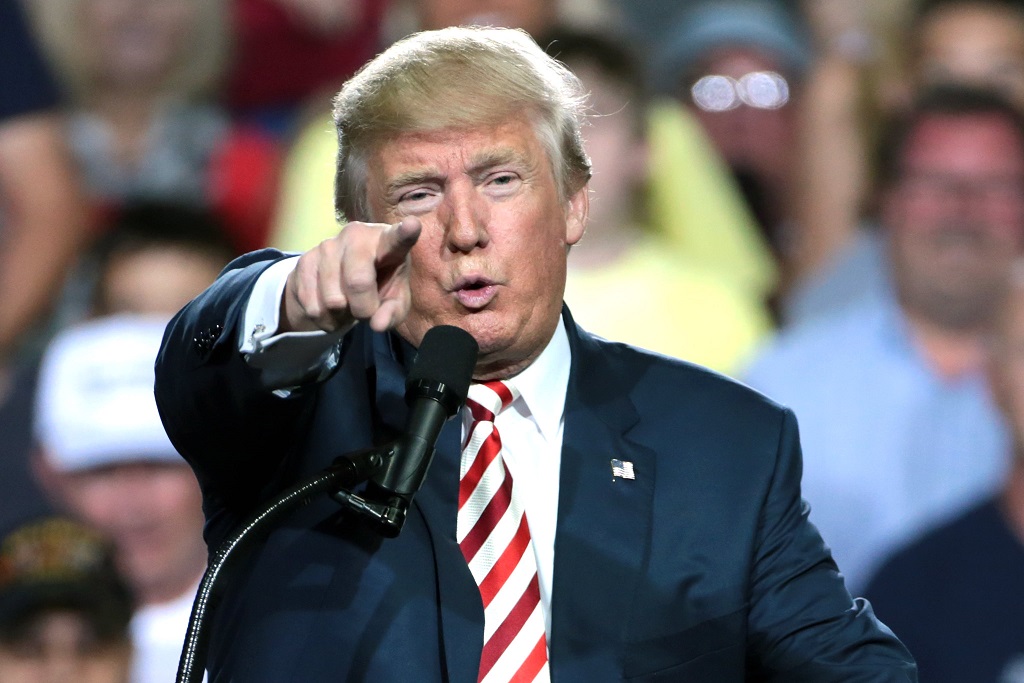Why Minimum Wage Is the Most Anti-Black Law in Modern Politics
Written by Kevin Catapano on 02/27/2021
This week, House Democrats passed their $1.9 trillion spending bill with the $15 minimum wage provision included. Nevertheless, on Thursday, Senate Parliamentarian Elizabeth MacDonough determined that the artificial wage hike didn’t meet the requirements for budget reconciliation, the process by which Democrats are trying to pass a multi-trillion dollar spending bill without needing Republican support. This means that if the bill passes, it should have to pass without the minimum wage increase. But will that dissuade Democrats from trying to make labor more expensive?
According to Speaker Nancy Pelosi (D-CA), “It is inevitable to all of us, the $15 minimum wage will be achieved. Even if it is inconceivable to some, it is inevitable to us.” Rep. Pramila Jayapal (D-WA) noted the importance of minimum wage to her minority constituents. For his part, Sen. Bernie Sanders (I-VT) promised to “move forward with an amendment to take tax deductions away from large, profitable corporations that don’t pay workers at least $15 an hour.” Supposedly, they plan to include this amendment in the reconciliation process.
Here is a reason they shouldn’t. Minimum wage costs black Americans employment opportunities. It prevents them from getting on-the-job skills training, income to save for future personal investments, and the broader opportunity to amass the wealth necessary for generational economic mobility. Throughout his career, the late Nobel Prize-winning economist Milton Friedman argued that minimum wage was the most anti-black law in modern politics. If you consider the evidence, he was probably right.
Prior to the first federal minimum wage, black unemployment was slightly lower than white unemployment. That has reversed since – and dramatically. Furthermore, the emergent racial employment gap has only widened as minimum wage increased. According to Thomas Sowell, the black teenage unemployment rate in 1948 was 10 percent; it has never since dipped below 20 percent, and has frequently been higher than 50 percent. Oftentimes, it has been double that of whites.
If minimum wage is intended to increase earnings for black workers, then why isn’t it working? Because that isn’t what minimum wage was intended to do.
The Davis-Bacon Act of 1931 was the first federal minimum wage law. At the time, white workers didn’t want to compete with blacks for job opportunities. So rather than compete, the unionized white workers lobbied politicians to effectively price their black competition out of the job market. That was the purpose of the first minimum wage law: to make unskilled black workers too expensive for hiring. Due to the institutional racism of the time, which has since been made illegal, whites were more highly educated and had job skills that blacks didn’t have the opportunity to develop. Thus, when labor was artificially made more expensive across the board, employers were only willing to hire the more educated and skilled.
This has been the effect of minimum wage on black Americans, which should be unsurprising given the original intent of the law.
Regardless of lawmakers’ motivations, pure or otherwise, the consequence of this policy is the loss of employment, particularly among those least educated and skilled – namely, the people this law proposes to assist. Further, it’s a coercive law that makes it illegal for a person to work for less than the government decrees, even if he is willing to work for less in order to cultivate the job skills necessary to earn more in the future.
Modern politicians are winning elections by rebranding racist policy rather than scrapping it. The result is that they’re obstructing the potential economic ascension of black Americans while seizing political power for themselves. But the likelihood is that black Americans won’t be lied to forever. Eventually, they might begin to demand policy from their leaders that prioritizes economic results over political narrative. In the meantime, Republicans shouldn’t cave to their Democratic colleagues on minimum wage. It is, in fact, the most anti-black law in modern politics and they should have no part in it.
Kevin Catapano is a political science student at the University of Connecticut and a contributor for Lone Conservative. He has written columns for the student newspaper and served as a staff writer for the UConn Undergraduate Political Review.
(Photo: Flickr/Paul Sableman/ CC BY 2.0)
Disclaimer: The views and opinions expressed in this article are those of the authors and do not necessarily reflect the position of Heroes Media Group
